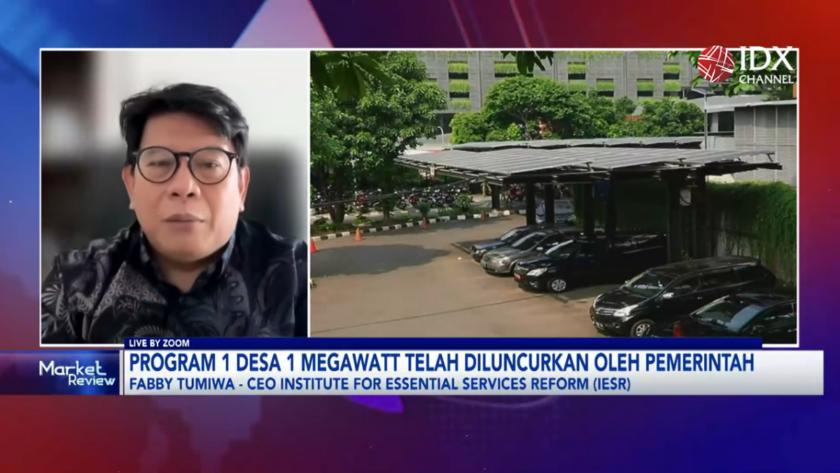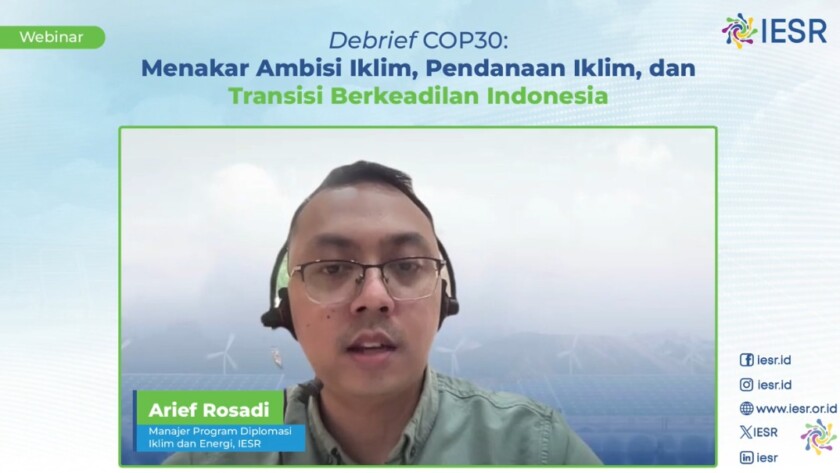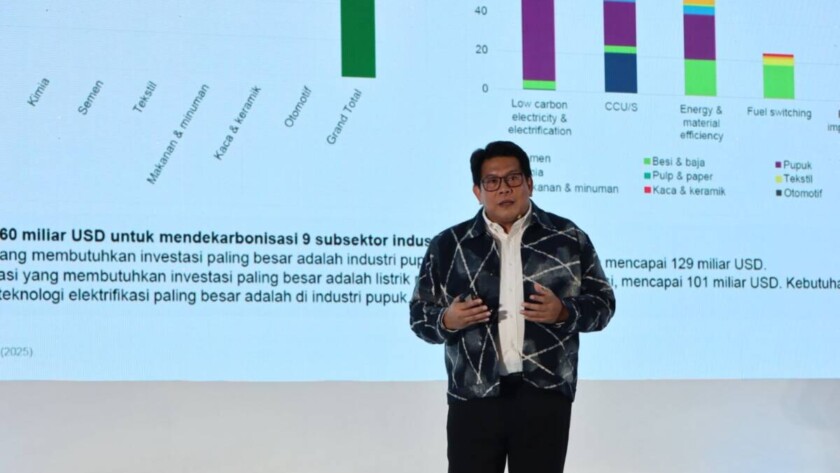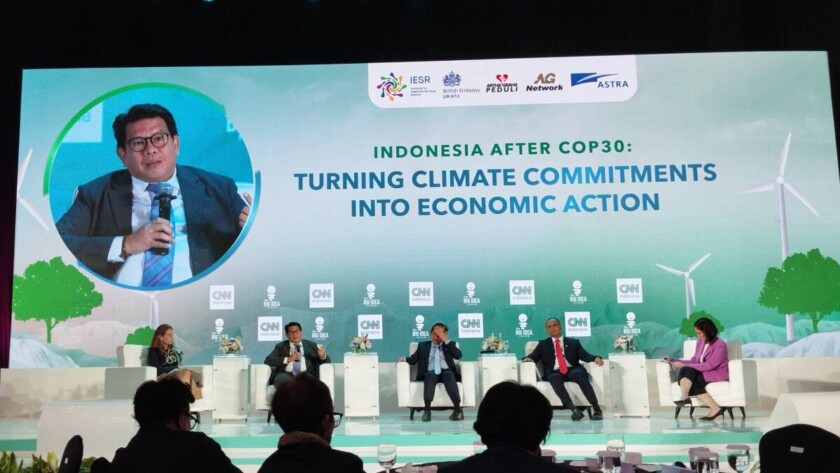Jakarta, 29 Januari 2026- A report by the World Economic Forum (WEF) shows that despite increasing efforts to improve energy efficiency and expand the use of renewable energy, particularly in developed countries, global carbon dioxide emissions rose in 2024, reaching approximately 38 gigatons. Emissions from hard-to-abate industrial sectors also increased on average. Among the eight…











